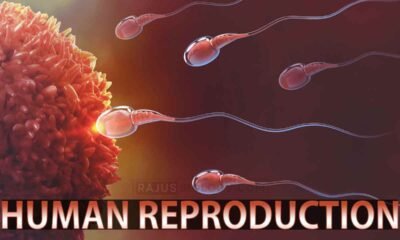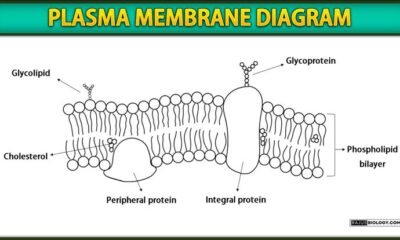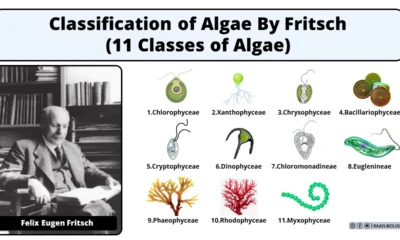Blog
Muscle Tissue Characteristics

In this article we will discuss about the muscle tissue characteristics
Muscle Tissue Characteristics
- Muscle tissue is composed of muscle cells with connective tissue between them
- Muscle tissue is originated from mesoderm and mesenchyme
- Contractibility – ability of muscle cells to shorten
- Excitability – muscle tissue responds to a stimulus delivered from neuron or hormone
- Extensibility – ability to be stretched
- Elasticity – ability to recoil back to its original length after being stretched
- Muscular tissues are bundled together and surrounded by tough connective tissue known as epimysium
- The tissue made of many muscle fibres (myocytes)
- Fascicles are surrounded by a protective layer known as perimysium
- Muscle fibres are composed of numerous fine myofibrils
- Muscle fibres can contract and relax
- Muscle tissue classified into three types: smooth, cardiac and skeletal muscle
- Muscle tissue help for locomotion and movements

 Blog8 months ago
Blog8 months ago[PPT] Human Reproduction Class 12 Notes
- Blog8 months ago
Contribution of Indian Phycologists (4 Famous Algologist)
- Blog8 months ago
PG TRB Botany Study Material PDF Free Download

 Blog8 months ago
Blog8 months agoCell The Unit of Life Complete Notes | Class 11 & NEET Free Notes

 Blog8 months ago
Blog8 months ago[PPT] The living world Class 11 Notes

 Blog8 months ago
Blog8 months agoPlasma Membrane Structure and Functions | Free Biology Notes

 Blog8 months ago
Blog8 months agoJulus General Characteristics | Free Biology Notes

 Blog8 months ago
Blog8 months agoClassification of Algae By Fritsch (11 Classes of Algae)













